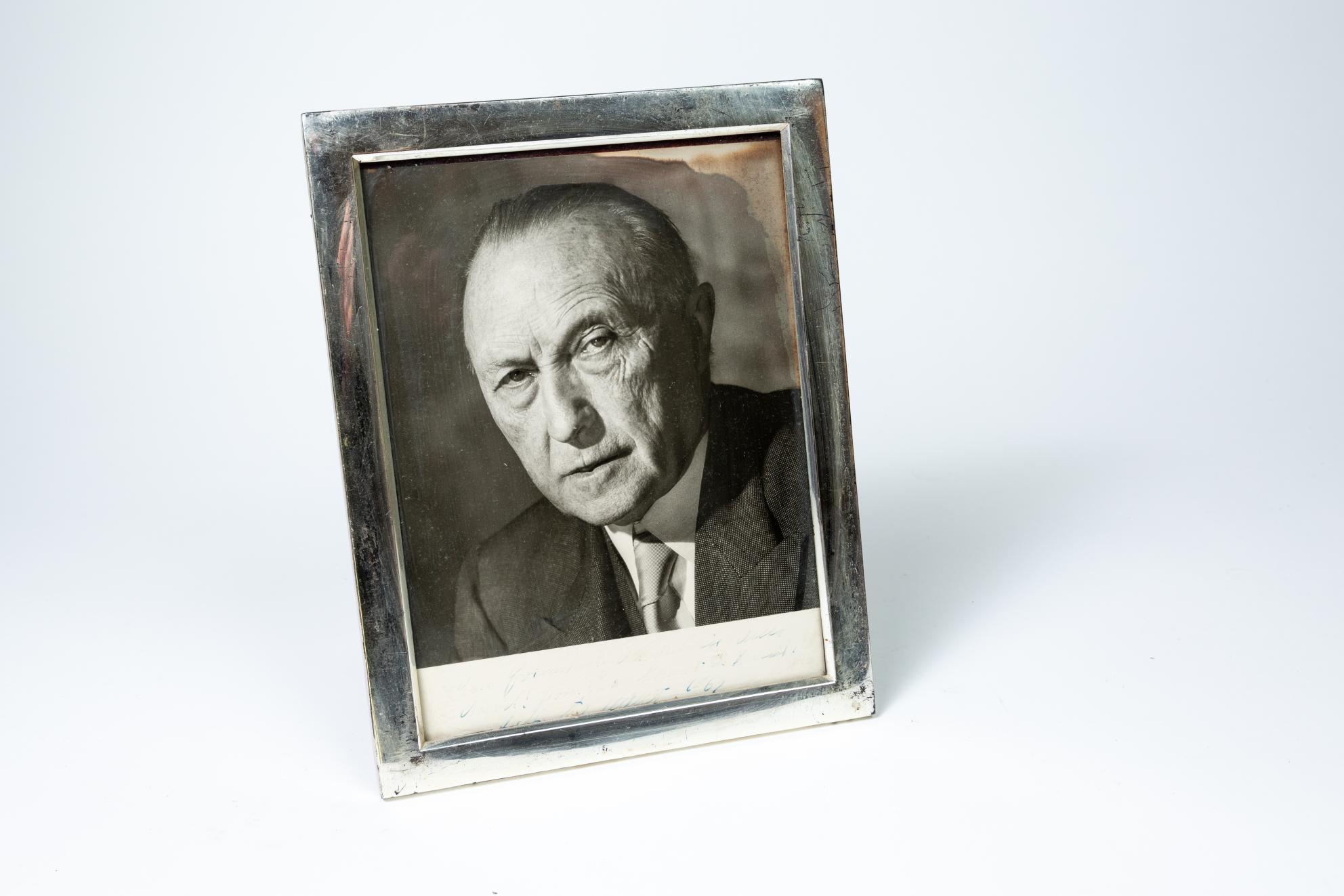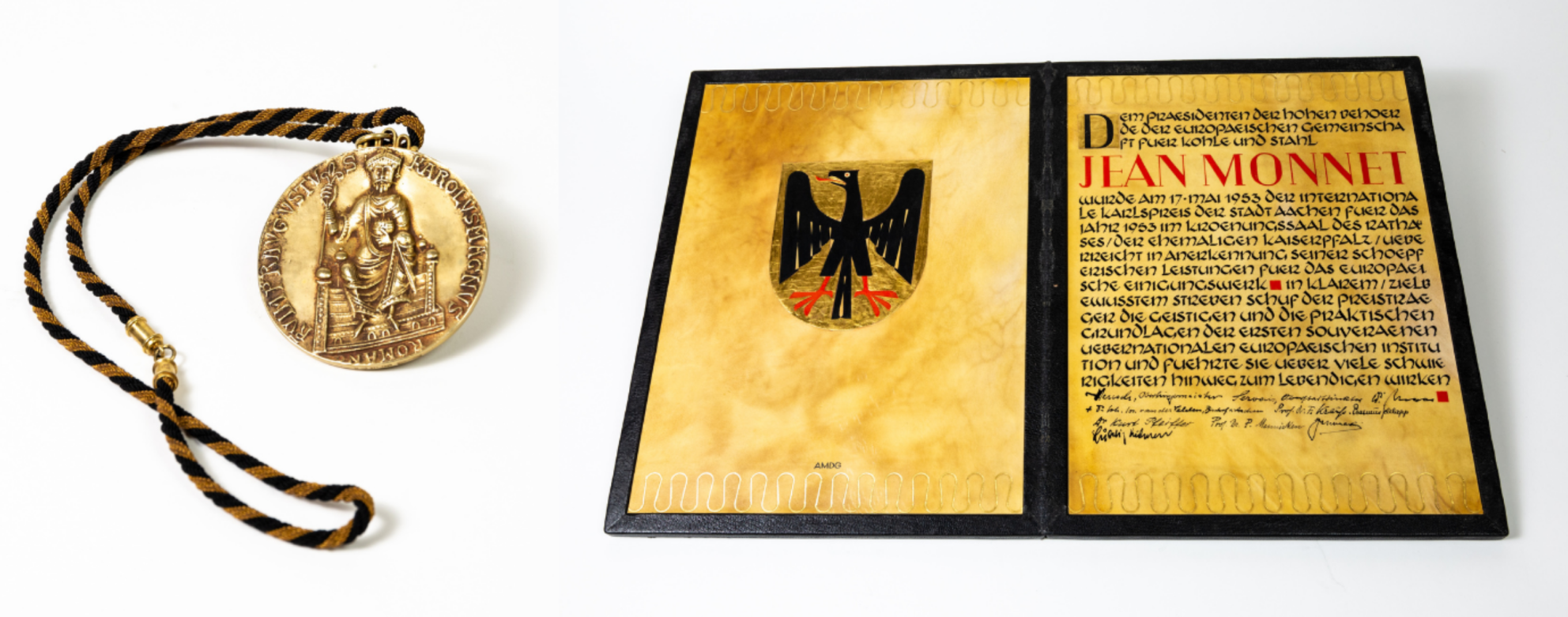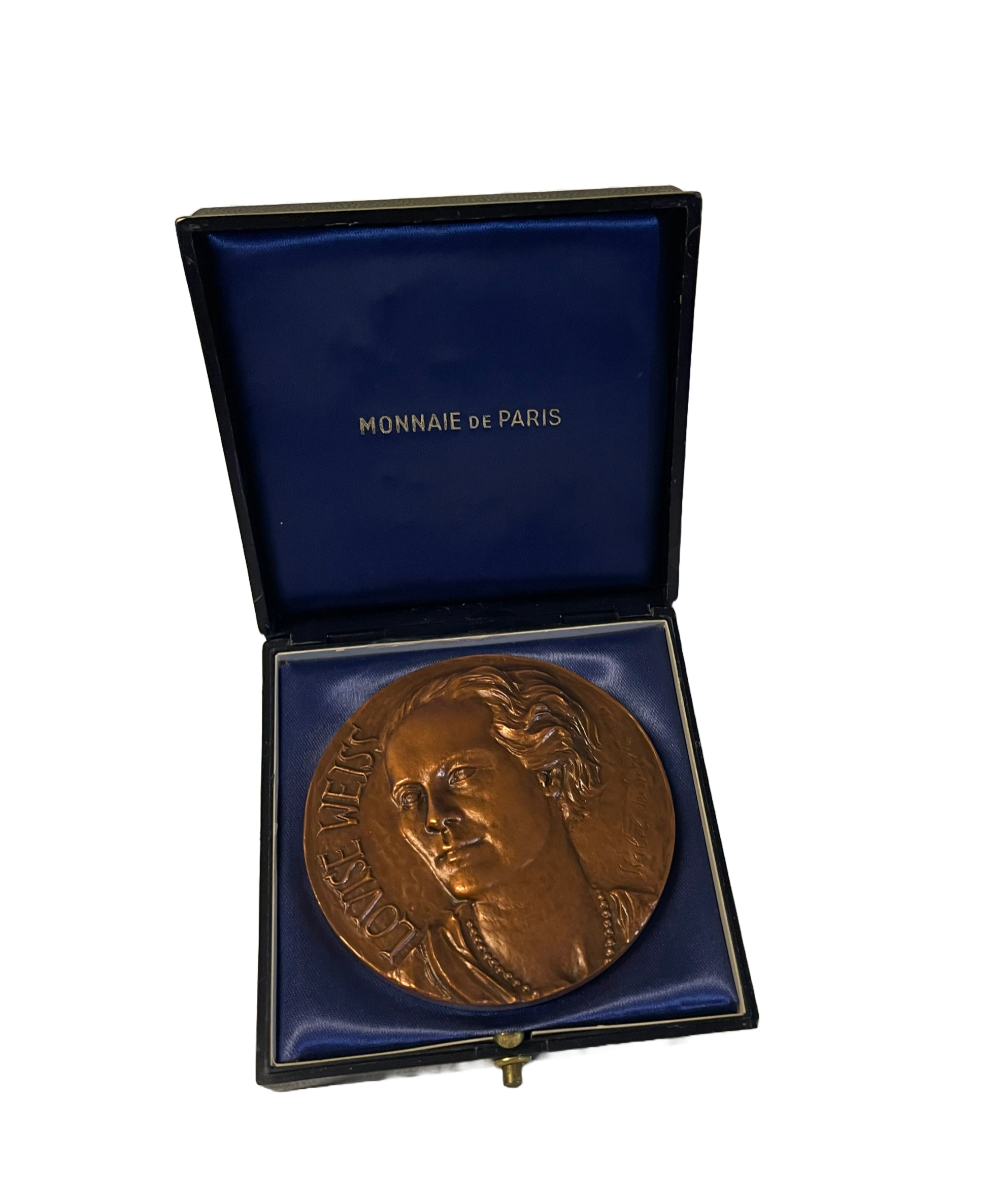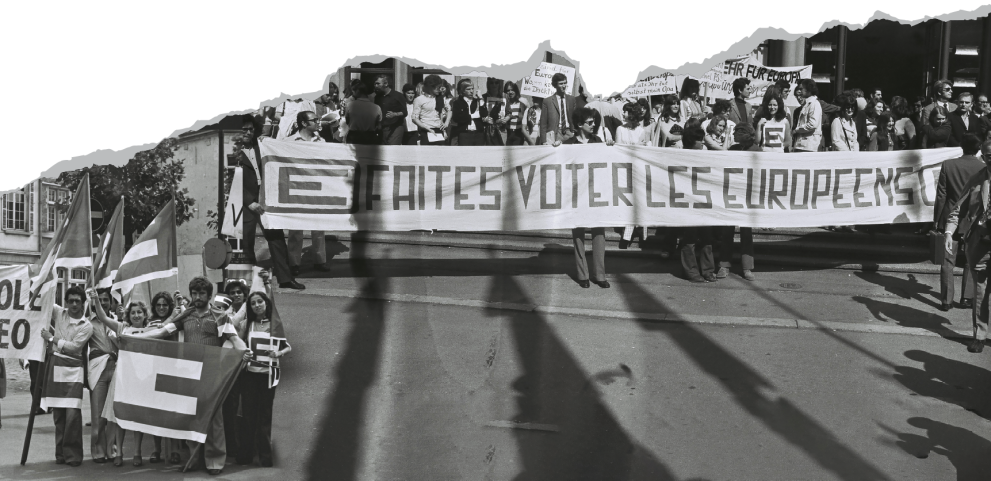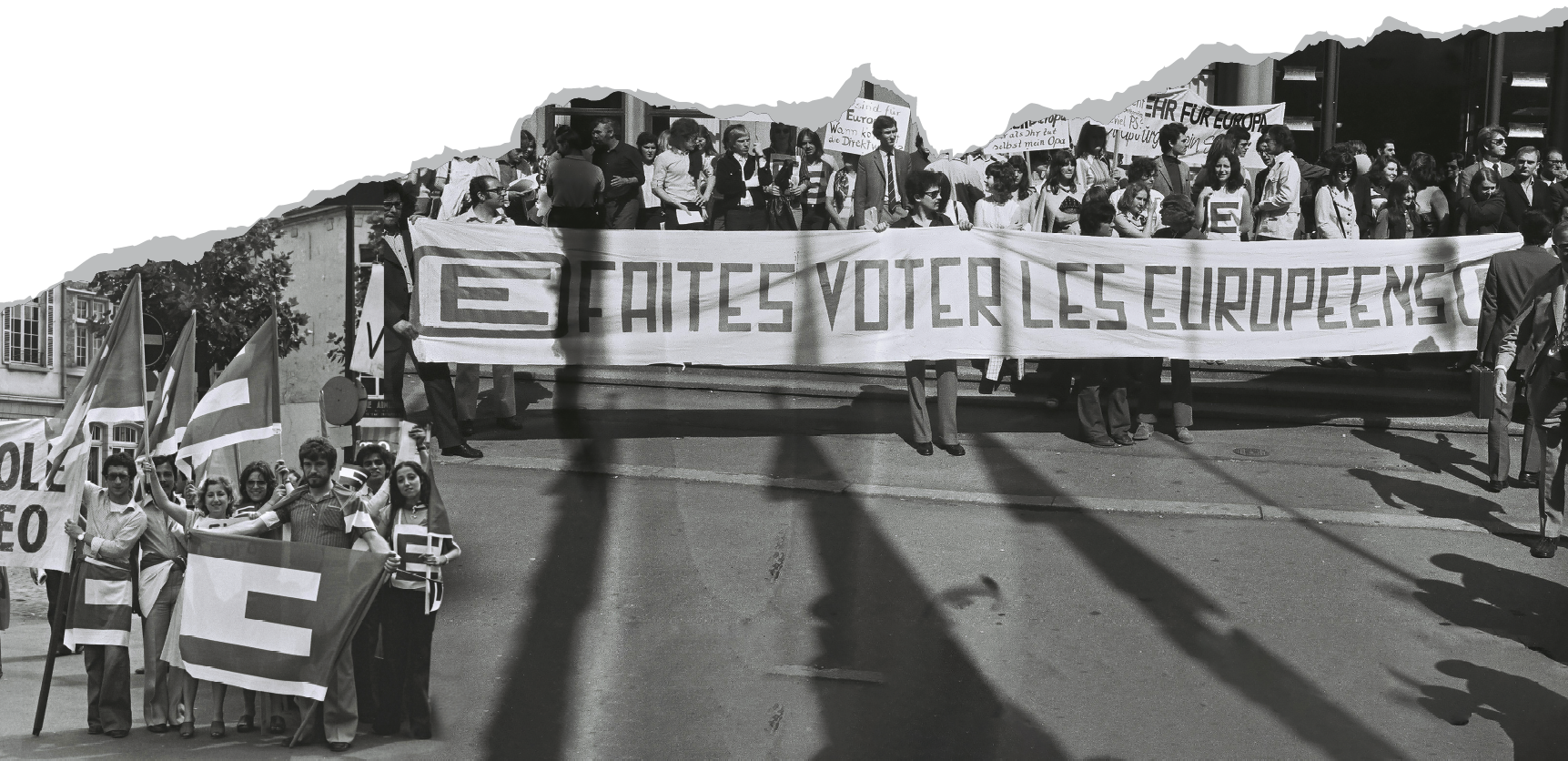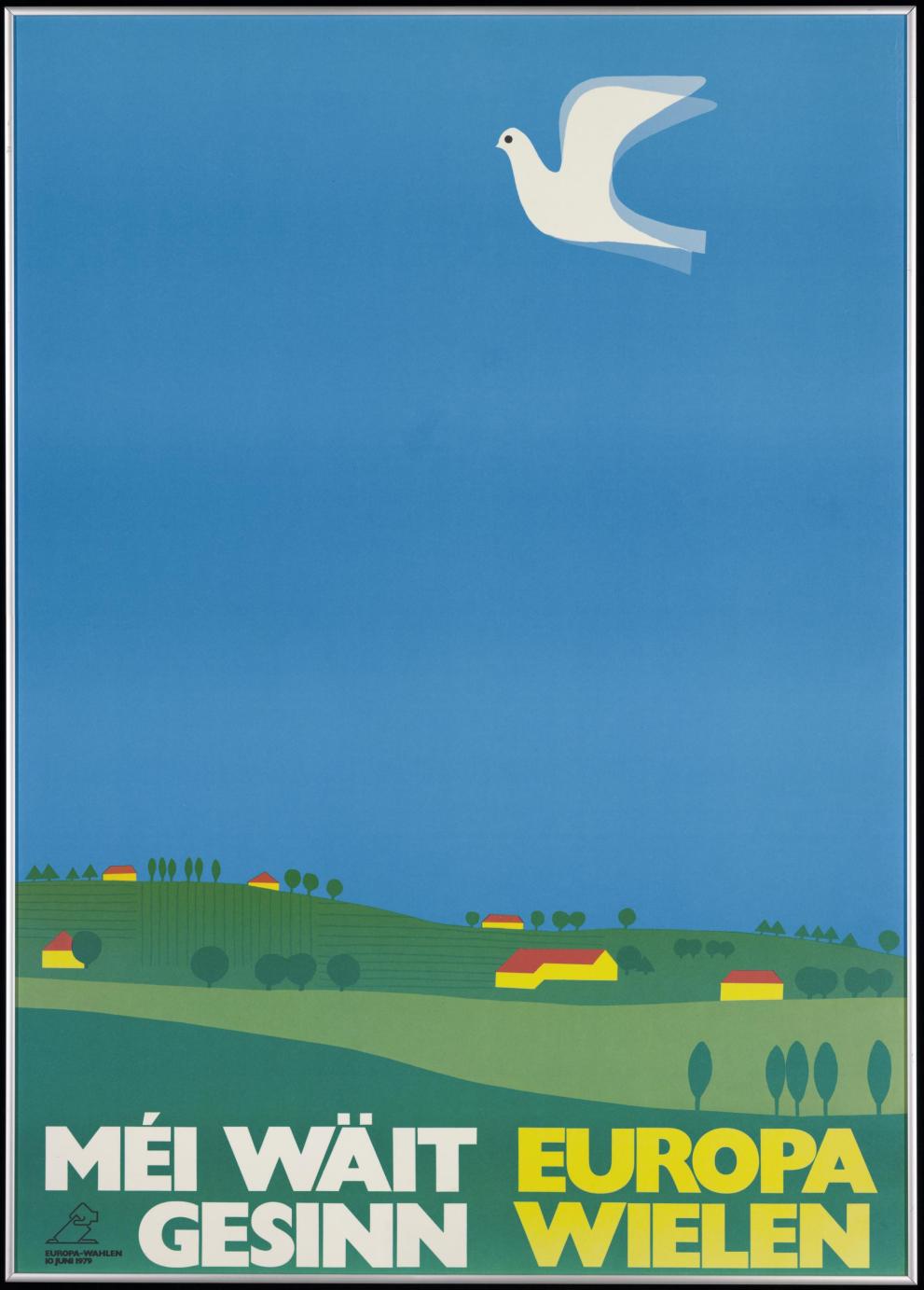After World War II, there was a strong sense that the failure to bring about European unity during the interwar period had been one of the main causes of the breakdown in peace and democracy. In drafting the Schuman declaration in 1950, Jean Monnet found a way to link the destinies of peace, democracy and European unity. Furthermore, Monnet did not simply lay the foundations for a technocratic Europe but worked relentlessly for the democratisation of the European institutions over the following decades, by advocating for direct elections to the European Parliament.
This work primarily took place through the Committee of Action for the United States of Europe. Therefore, the cause of peace prompted the most ambitious democratic project worldwide: supranational elections in Europe. Since 1979, direct democratic elections to the European Parliament have steered the destinies of our continent through people’s participation and the increase in its institutional powers.

From the outset, as in many other areas, the European founding fathers had worked hand in hand for the parliamentarisation of the European unity project: former Belgian Prime Minister Paul-Henri Spaak, in close association with Monnet, became the first president of the Common Assembly of the European Coal and Steel Community in 1952, succeeded by former Italian Prime Minister Alcide De Gasperi in 1954. The three men relied on the Assembly to advance the supranational character of the nascent European institutional architecture.
Two more European Communities were created in 1958: the European Economic Community and EURATOM. The very man who had publicly endorsed and announced Monnet’s blueprint for a united Europe to the world, former French Prime Minister and Foreign Minister Robert Schuman, became president of the new legislature uniting representatives of all three Communities: the European Parliamentary Assembly.
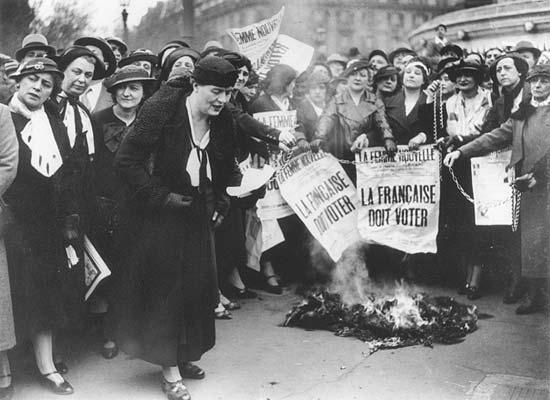

Louise Weiss Louise Weiss at a demonstration with other suffragettes, May 1935. 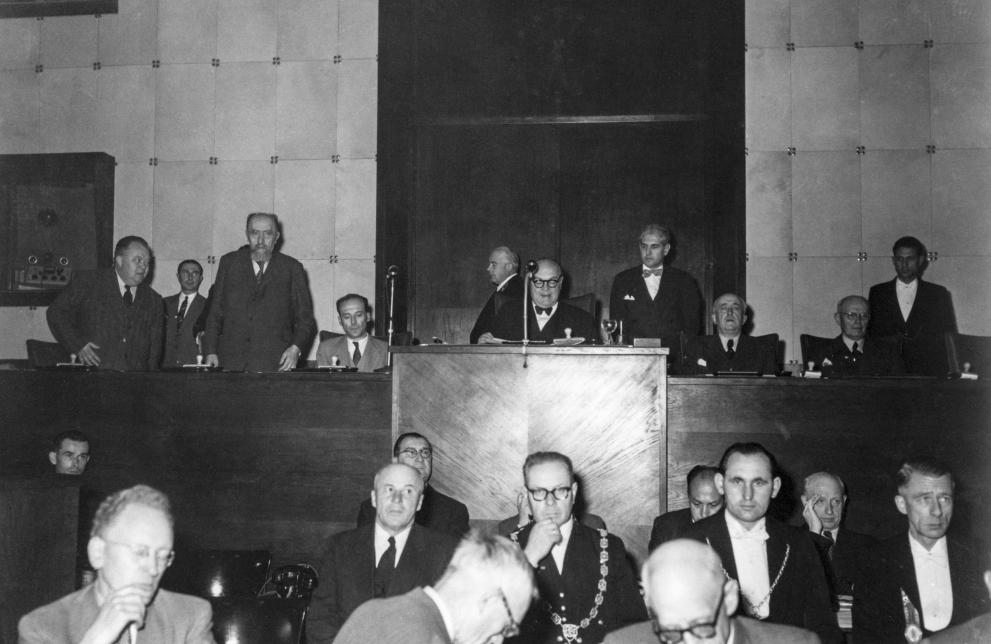
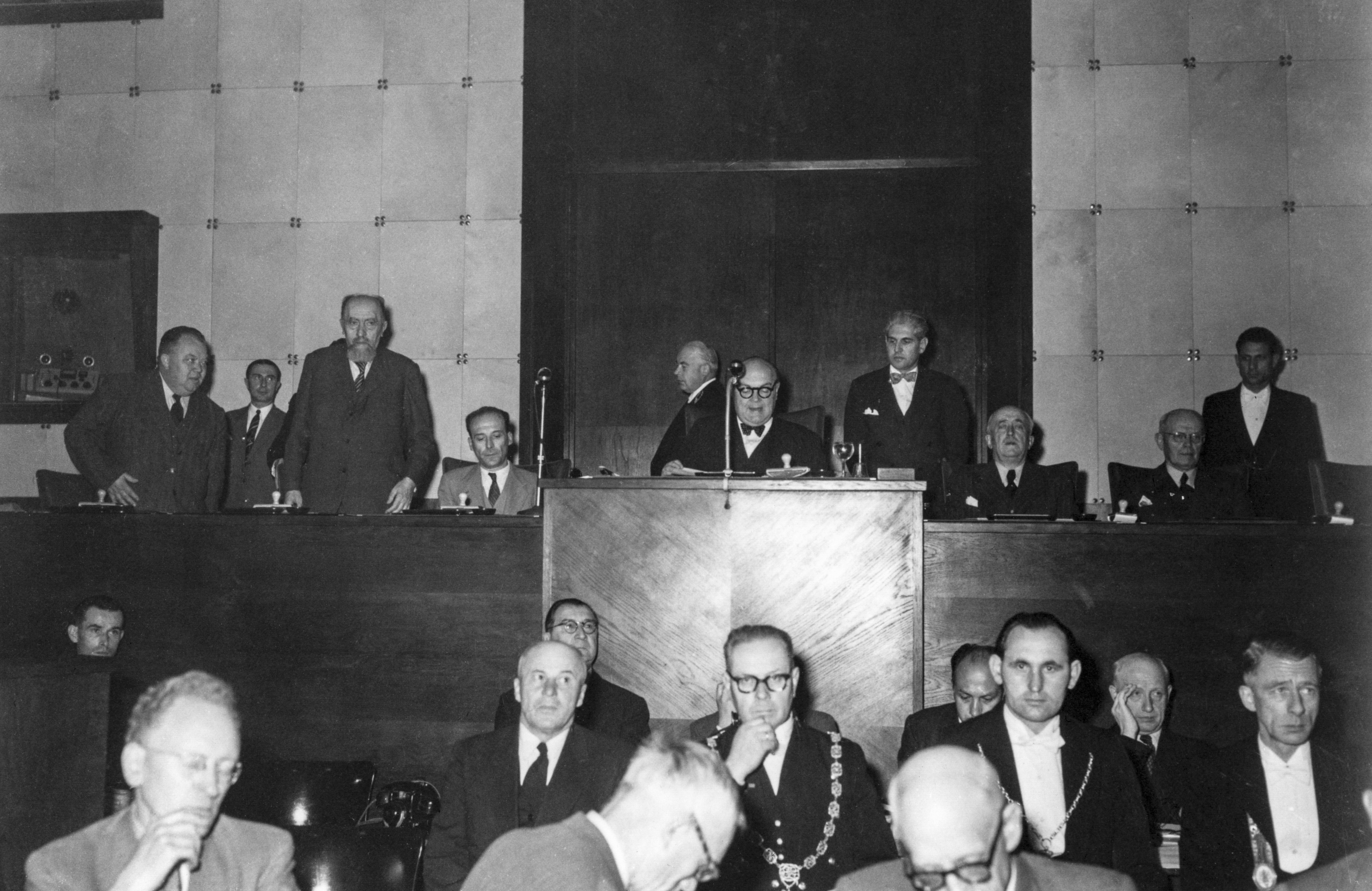
SpaakPresident Paul-Henri Spaak speaking in the Common Assembly debating chamber on 11 September 1952. 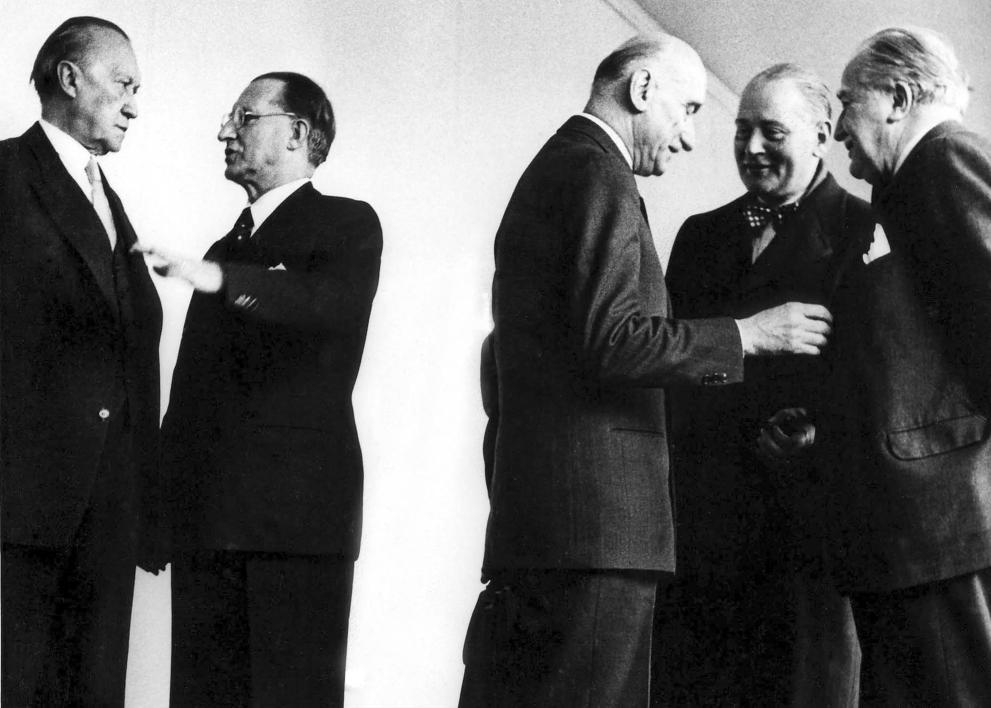
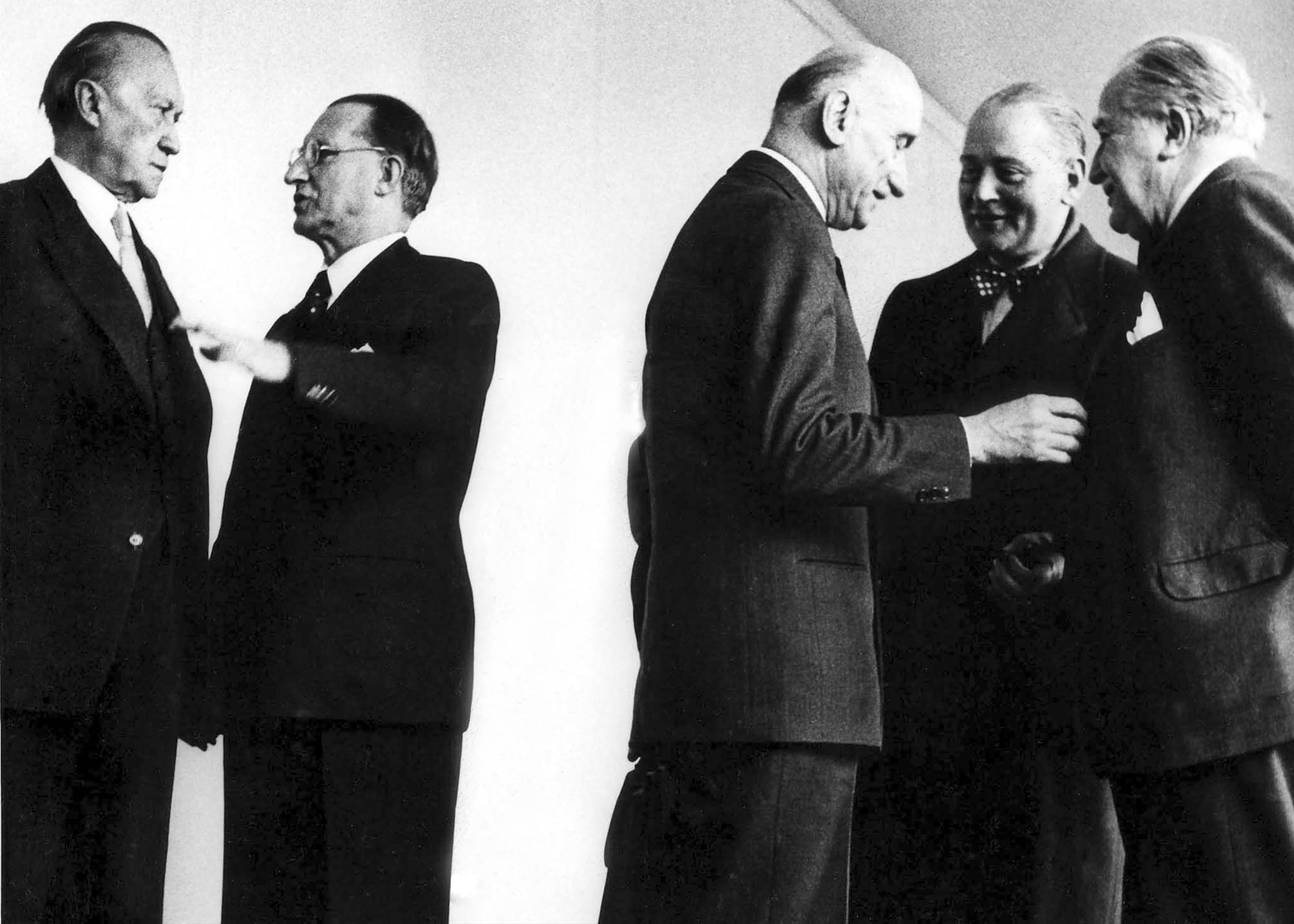
MinistresMinisters from European Coal and Steel Community member countries meeting in Strasbourg, December 1951. 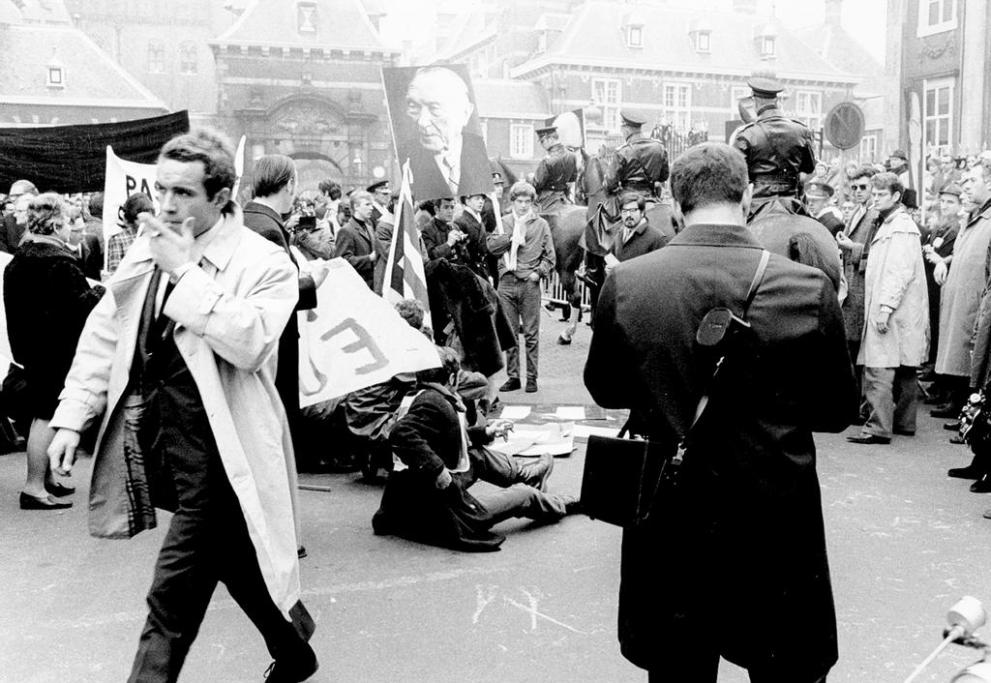
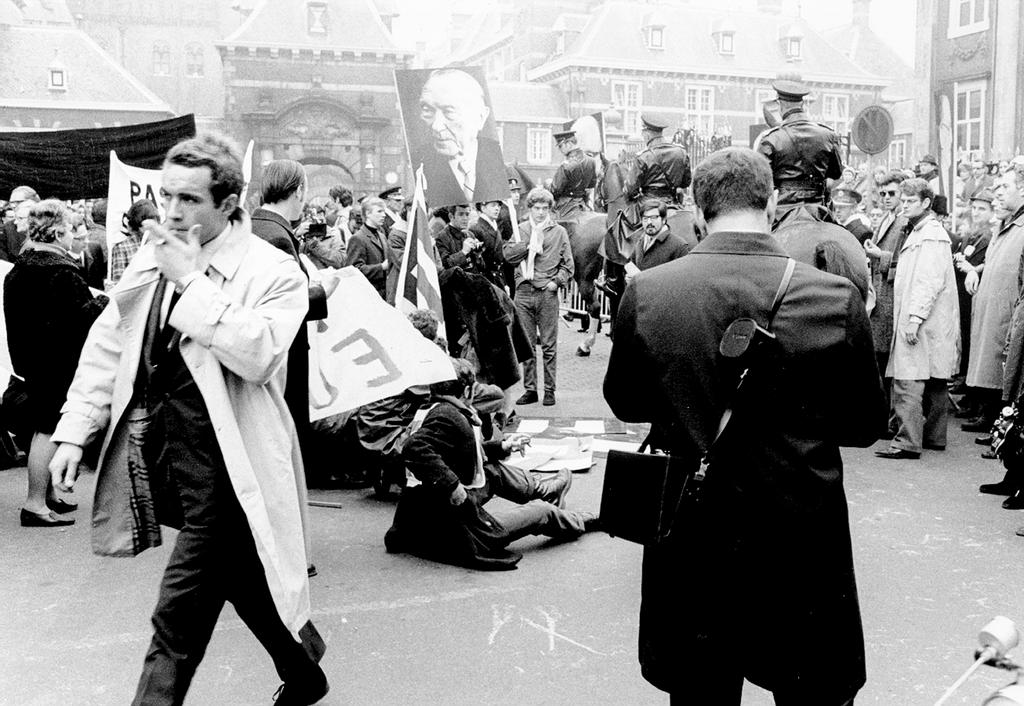
ManifestationDemonstrations on the fringes of the Hague Summit on 1-2 December 1969. This summit relaunched European integration.
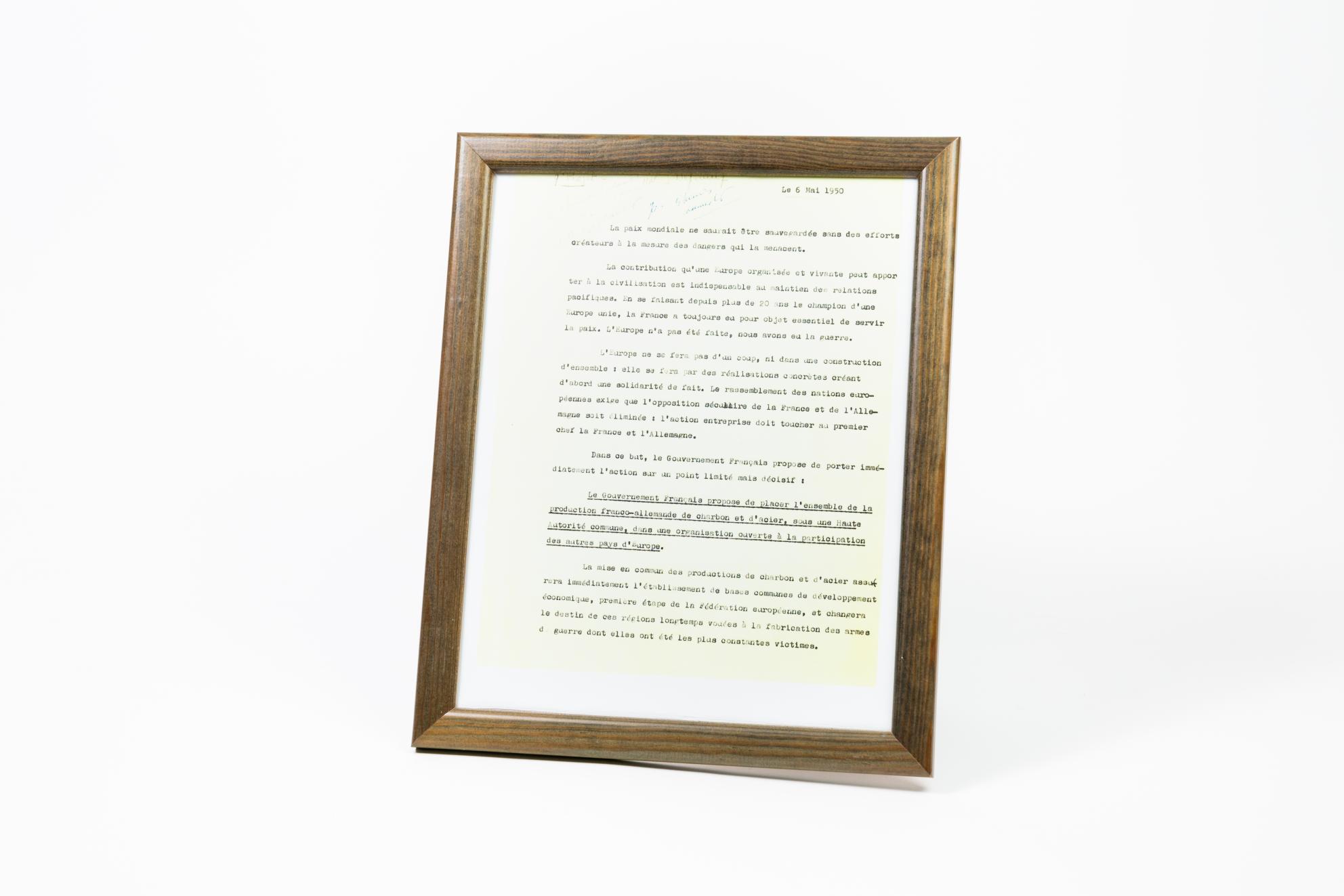
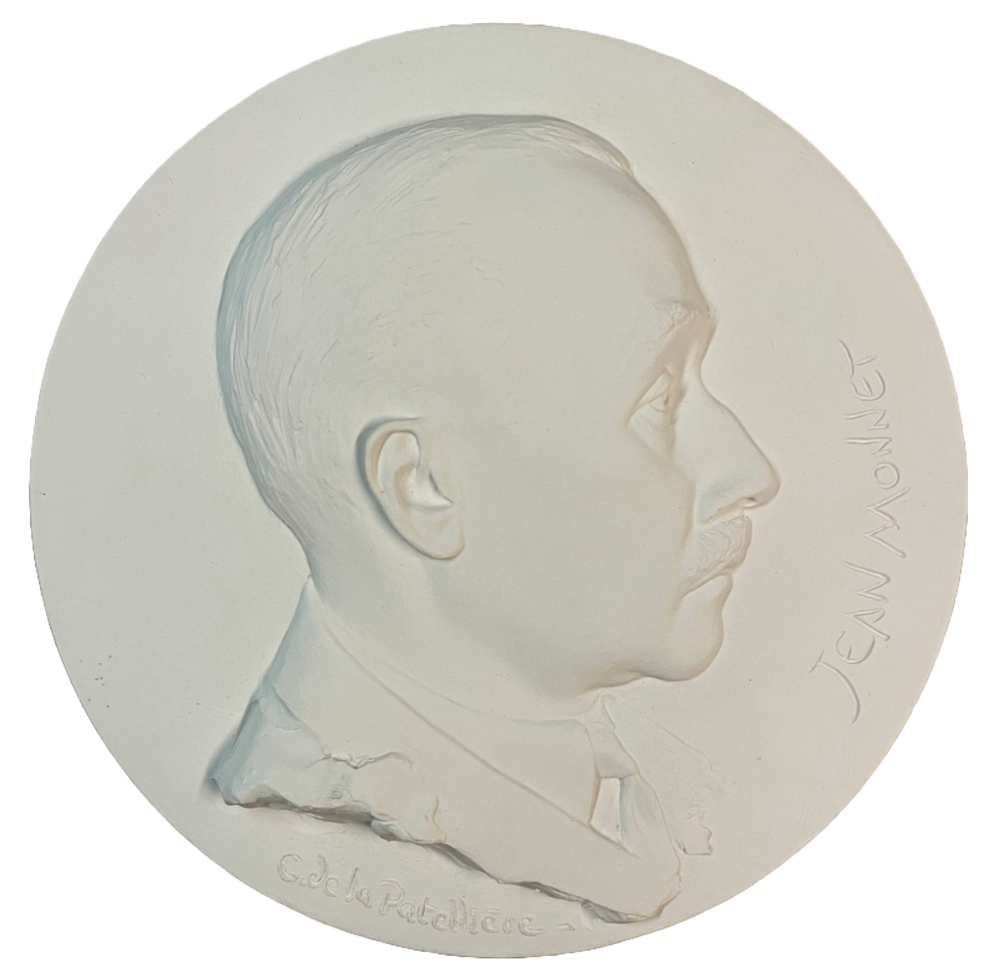
The main driving force behind the drafting of the Schuman Declaration, Monnet later became Chair of the High Authority of the European Coal and Steel Community, and in this capacity worked hand in hand with Common Assembly Presidents Spaak and De Gasperi towards a supranational democracy.
